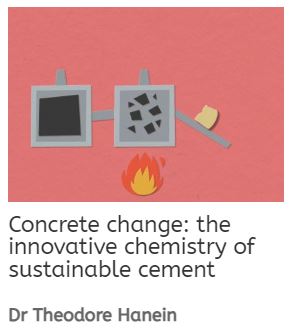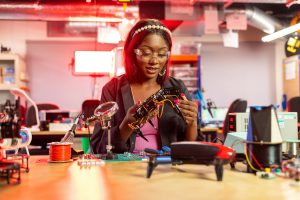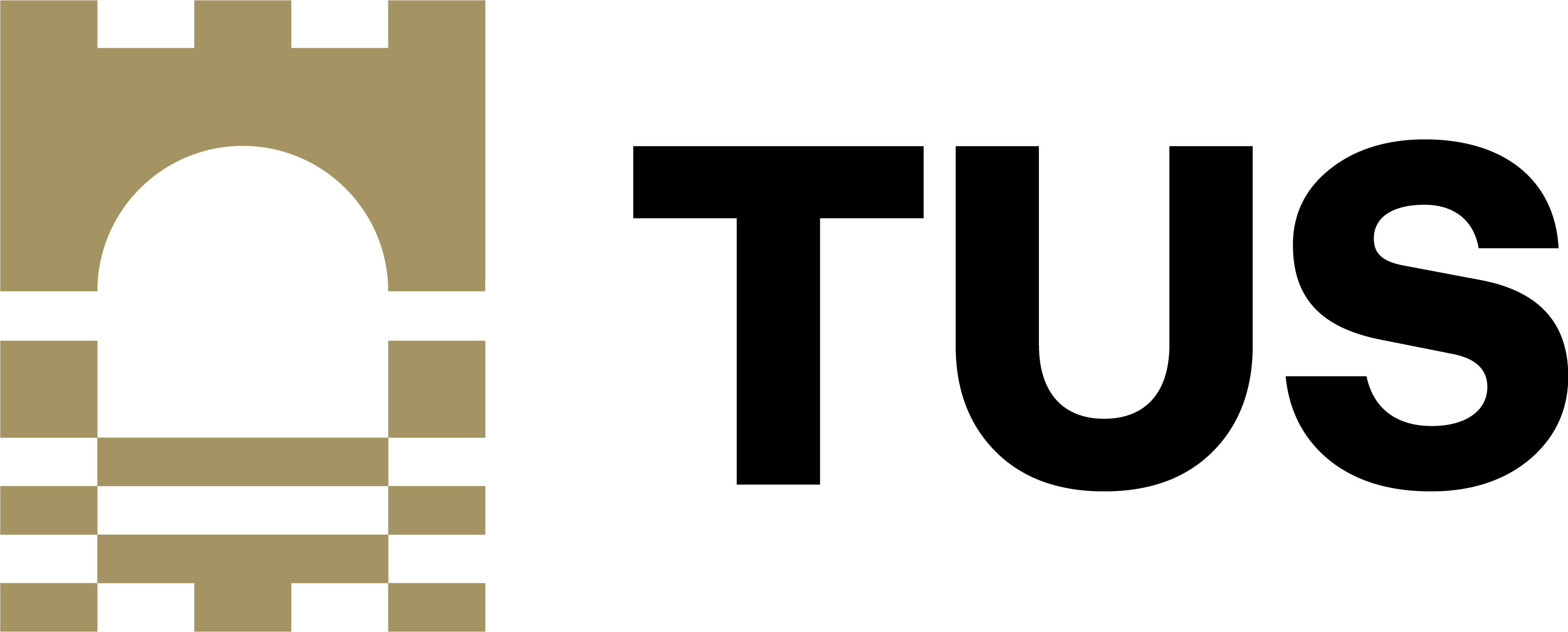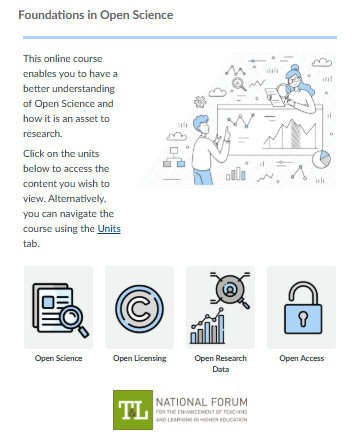Science, technology, engineering and mathematics (STEM)
Using diverse approaches to enhance STEM engagement
The OER included here provide examples of technology-enhanced learning STEM resources, active learning and resources to support inclusive inclusive and equitable learning environments.
Book chapters
STEM: teaching practical analytical chemistry online: improving delivery of a year 2 NMR spectroscopy practical
Practical analytical skills, including processing and analysing spectroscopic data, are vital skills for many scientists, often developed during undergraduate laboratory-based modules. During the Covid-19 lockdown, student access to labs was prohibited, but we were able to use remote access to spectrometers and other specialist software to deliver practical work online. In addition, we successfully created the community and collegiality of lab-based courses by offering improved access to demonstrators, academic staff, and their peers during synchronous online lab sessions. This chapter will discuss the logistics of setting up an analytical chemistry virtual experiment, unexpected improvements to students’ experience and writeups, and how we provided bespoke feedback sessions to each student. Book chapter in From Lab to Laptop: Case studies in teaching practical courses online, published by University of Sussex.
Date published: 2024 | License: CC BY-4.0
My experience of practical engineering labs as a first-year undergraduate during the pandemic
Book chapter in From Lab to Laptop: Case studies in teaching practical courses online, published by University of Sussex.
Date published: 2024 | License: CC BY-4.0
Moving away from the traditional PowerPoint to an interactive documentary-style session
In 2020, the Covid-19 pandemic forced teaching to temporarily move away from the traditional face-to-face format. This resulted in practical difficulties, but also presented opportunities to develop new styles and embrace advances in technology. Practical STEM subjects were particularly hard-hit with many subject areas relying heavily on field visits and laboratory sessions. This chapter outlines the redesign of pre-recorded lectures to address the issues of: face to face contact; interaction and integration of virtual field walks and laboratory sessions. Book chapter in From Lab to Laptop: Case studies in teaching practical courses online, published by University of Sussex.
Date published: 2024 | License: CC BY-4.0
Collections
QUBES – a BioQUEST Project
The QUBES platform hosts hundreds of teaching materials, reference materials, and cloud-based software free to use and adapt using open Creative Commons licenses.
Date published: Varied | License: CC BY-4.0
Courses
Foundations in Open Science
This self-paced course includes modules on Open Science, Open Licensing, Open Research Data and Open Access. Created by Munster Technological University and the National Forum for the Enhancement of Teaching and Learning, Ireland.
Image attribution: Foundations of Open Science by Munster Technological University Library. CC-BY 4.0.
Date published: 2024 | License: CC-BY 4.0
Poster abstracts
Enhancing chemistry education through technology-enhanced learning: impact on student outcomes
This scientific poster abstract highlights the student-led feedback and modifications made to improve chemistry subjects, including the use of lightboard technology, along with the subsequent impact on student outcomes. 2023: ASCILITE 2023 conference companion materials.
Date published: 2023 | License: CC BY-4.0
Projects
The matilda project: an initiative to raise awareness of inequality and gender bias towards women in science
The matilda project is an educational initiative strategically crafted to cultivate an environment that acknowledges the frequently overlooked contributions of marginalised women scientists facing widespread sex-linked biases. It is time we learn the stories of these brilliant individuals and stop it when we see it happen. It was co-founded by Shehroze Saharan of University of Guelph, Canada and Shehryar (Shay) Saharan, University of Toronto, Canada.
Date published: 2024 | License: CC BY-NC-ND 4.0
Resource collections
Futurum STEM careers resources
Futurum is a free online resource and magazine aimed at introducing 14-19-year-olds worldwide to the world of work in STEM (science, tech, engineering, maths, medicine) and SHAPE (social sciences, humanities and the arts for people and the economy). This resource features an impressive range of podcasts, animations, activity sheets, slides etc.
A sample 3 minute animation (and script), and related article, is provided here:
 Animation credit: concrete change: the innovative chemistry of sustainable cement by Dr Theodore Hanein of the University of Sheffield. Shared by Futurum. CC BY-NC 4.0
Animation credit: concrete change: the innovative chemistry of sustainable cement by Dr Theodore Hanein of the University of Sheffield. Shared by Futurum. CC BY-NC 4.0
Date published: 2024 | License: CC BY-NC 4.0
Pedagogy in action: connecting theory to classroom practice
The goal of the pedagogic service is encourage educators to reflect critically on their own teaching practices and to support them in exploring new pedagogies particularly to support STEM teaching. This project is supported by the National Science Foundation as part of the National Science Digital Library.
Date published: 2007 onwards | License: CC BY-NC-SA 3.0
Textbooks
Fostering communities of transformation in STEM higher education: a multi-institutional collection of DEI initiatives
This scholarly work examines transformative initiatives from Virginia Tech, Radford University, Trinity Washington University, and Towson University, showcasing their role as catalysts in cultivating inclusive excellence across diverse STEM disciplines. A sample chapter is: creating impactful moments: using peer role models to build community and sense of belonging in STEM. Take inspiration from their projects and guidance from their lessons learned with this collection. Published by Virginia Tech, US.
Date published: 2024 | License: CC BY-4.0
Organic chemistry and chemical biology for the students by the students!
This textbook was created by students and faculty at McMaster University. It addresses organic chemistry and chemical biology topics at a level taught in introductory chemistry II at McMaster university. This text also includes an array of practice questions and solutions, interactive videos, highlights of chemists from equity deserving groups, and academic trees to link students to both the highlighted chemists and others discussed in the text.
Date published: 2024 | License: CC BY-SA 4.0
The science of inclusion – making our lab based courses more inclusive
This resource provides general guidance on how to enhance the accessibility of lab-based courses in STEM, with a particular focus on supporting the learning of students with physical disabilities. Published by the University of Ottawa, Canada.
Date published: 2022 | License: CC BY-NC-SA 4.0
Workshops
Design thinking <> STEM thinking
This interactive workshop aims to teach instructors how to use the design thinking framework to teach STEM courses through active learning strategies. This resource is a powerpoint with instructions and embedded videos to cover content as well as an accompanying workbook for participants. A facilitator can use the slides to hold the workshop, where key information is explained by instructors in the embedded video, allowing anyone without prior knowledge to be a facilitator. Created by the University of Toronto, Canada.
Date published: 2023 | License: CC BY-NC-ND 4.0
Exploring the transformative potential of STEM
STEM content in our OER index, including: biology, chemistry, mathematics for engineering and science, and physics may also be of interest.
 Image credit: photo of woman looking at a piece of electrical equipment. Created by This is Engineering. Unsplash license.
Image credit: photo of woman looking at a piece of electrical equipment. Created by This is Engineering. Unsplash license.


